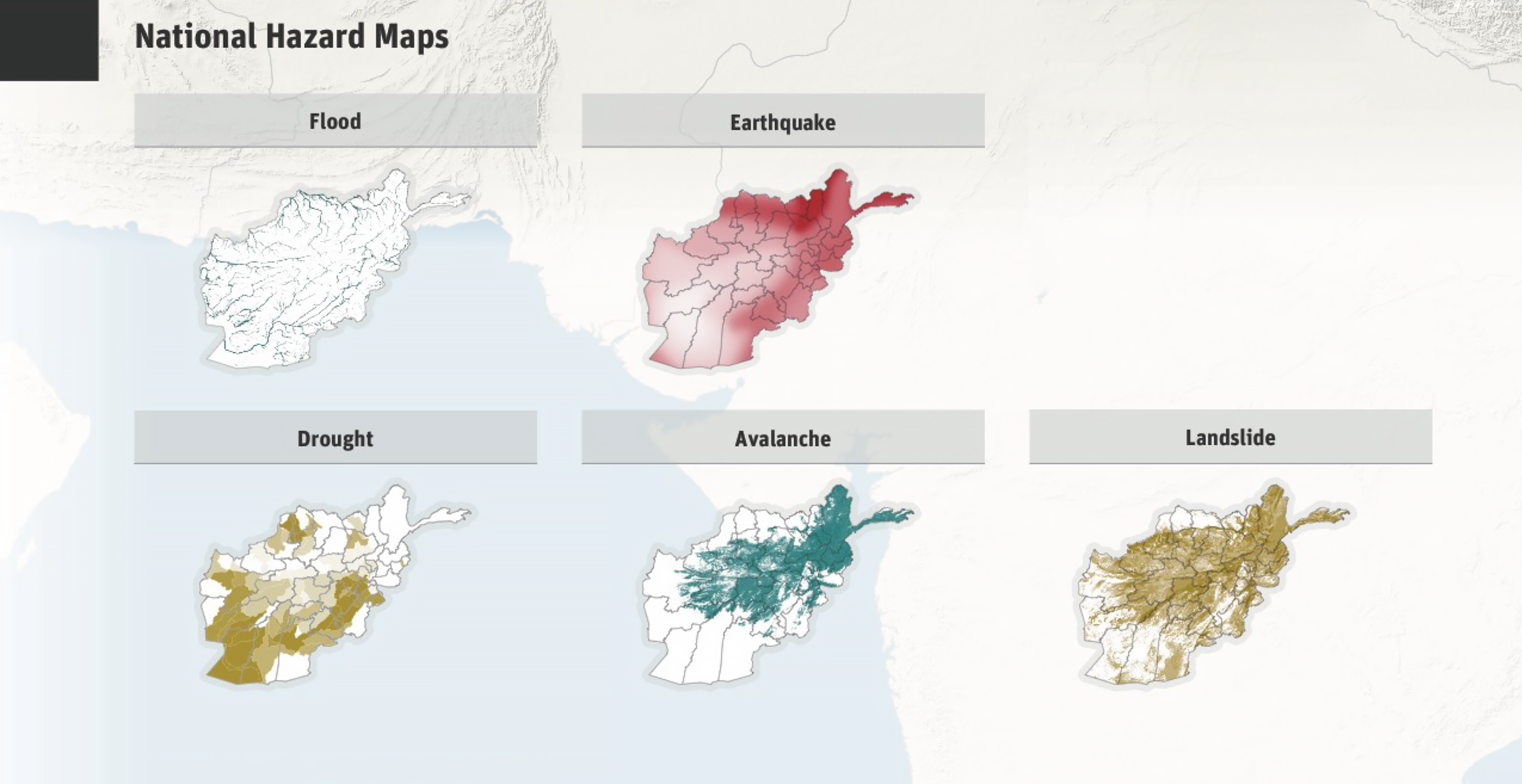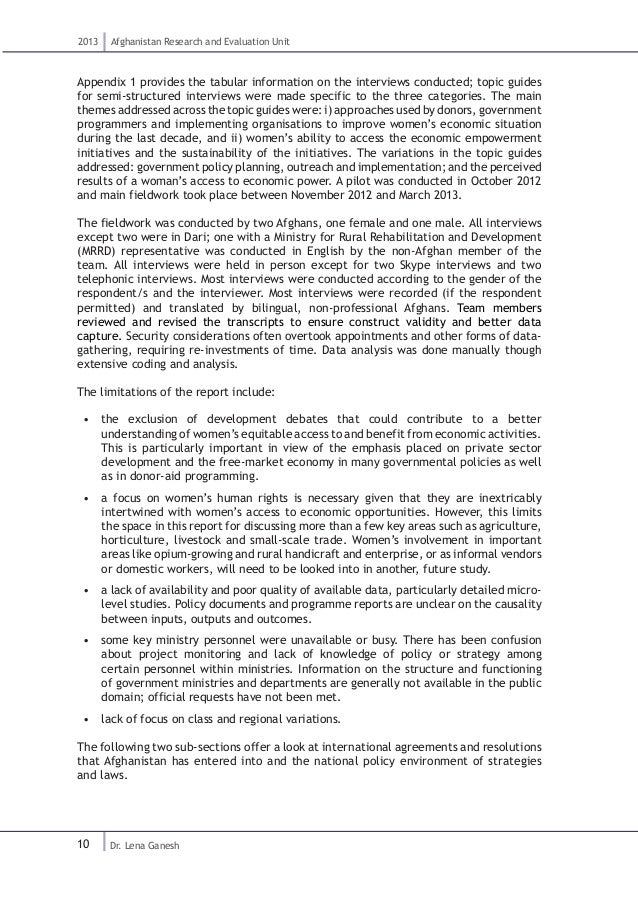EXECUTIVE SUMMARY At the Kabul Conference (July 2010) the Government of Afghanistan presented a plan for improving development efforts through a number of National Priority Programs (NPPs) to enhance, inter alia, service delivery. The Government’s Human Resources cluster (led by the Ministry of Education) is expected to put forward five such programs, including a health sector specific program, known as Health for all Afghans (HAA). NPPs are intended to be instruments for implementing the ANDS through stronger alignment with national priorities and greater reliance on national mechanisms. Donors have requested that NPP5 becomes a comprehensive, fully cost implementation plan for the overarching Health Strategic Plan 2011-2015. Health for All Afghans (HAA) is a holistic approach to ensure strengthening health systems, the provision of healthcare services, building and strengthening capacity and improving the overall health of Afghans in support of the Ministry of Public Health’s Strategic Plan (2011-2015) and a Population Health Promotion Approach. The aim of the HAA is to identify and address the range of constraints and gaps, and enabling factors for ensuring a healthy population. This is accomplished through three main Components that address the need to continue strengthening health systems and expand health service delivery as well as recognizing the challenge of building capacity so that the Ministry of Public Health can assume full ownership of the sector: Component 1:– Strengthen and Expand Existing Health Service Delivery: Addresses the need to provide primary, secondary and tertiary services to the population while building capacity and expanding outreach to remote parts of the country.
This Component also supports the development of regulations and building an enabling environment for the private sector to meet the healthcare needs of the population while ensuring the quality and equity of care provided. This combined with a focus on improving nutritional status of the population through proactive measures such as education will provide a comprehensive approach to the delivery of health services. This Component will also support building the capacity of the national health system for disaster risk management including mitigation, prevention, preparedness and response. The MoPH is promoting the launch and application of the H4+ partnership with UN Agencies (UNICEF, UNFPA, WHO), as well as the World Bank in order to accelerate the implementation of the maternal and newborn continuum of care, in response to the priorities recognized by the National Reproductive Health Program in Afghanistan, towards the achievement of MDGs 4 and 5.



Afghanistan Infrastructure 2017
Component 2:– Increase and Improve HR for Health and Good Governance: Aims to ensure that the Government of the Islamic Republic of Afghanistan (GIRoA) builds the capacity necessary to sustain and expand health service delivery initiatives. Component 3:– Improve health financing: Improve health care financing Targets building and strengthening health finance systems to support a sustainable healthcare system in Afghanistan, and coordinating external aid sources in order to improve aid effectiveness. The three components of the HAA will strife to ensure that 30% of staff is female (also at decision making levels) and that women and men have equal access to health services that are free of discrimination and address gender-based violence and mental health. Through these three components, the Ministry of Public Health has prioritized the areas that need to be emphasized in order to set the foundation for their Strategic Plan over the next three years and addressed the ten Strategic Direction areas identified in that plan. An important donor to health systems strengthening is the Global Alliance for Vaccine and Immunization (GAVI), launched in early 2000.
Its mission is to save children’s lives and protect people’s health through increased access to immunization. GAVI is a mix of public private partnership and an innovative financing mechanism. Its partners are mainly WHO, UNICEF, Bill and Melinda Gates foundation, WB, CSOs, Governments of both developed and developing countries, research and technical institutes and the pharmaceutical industry.
Npp Afghanistan
Since 2007, GAVI provided support for Civil Society Organizations, Health System Strengthening, Immunization Services and New Vaccines. The proposals are submitted through the Inter Coordination Mechanism (ICC) and Consultative Group for Health and Nutrition (CGHN). Both ICC and CGHN are responsible to oversee the grants implementation. The Global Fund to Fight AIDS, Tuberculosis and Malaria (GF) is another innovative partnership between governments, private sector, NGOs and international agencies.
Afghanistan received funds from the GF through the Country Coordinating Mechanism (CCM), which is responsible for overseeing program implementation. To date Afghanistan received funding from the Global Fund (GF) for HIV/AIDS, Malaria, TB and Health Systems Strengthening. The major donors to the BPHS and EPHS in all 34 provinces are the European Union, USAID and the World Bank.
Citizens Charter Afghanistan
In addition, MoPH is supported by USAID, EU, WB, JICA and CIDA in vertical programs and some specific areas incorporated in the NPP in the budget section under “other support”.